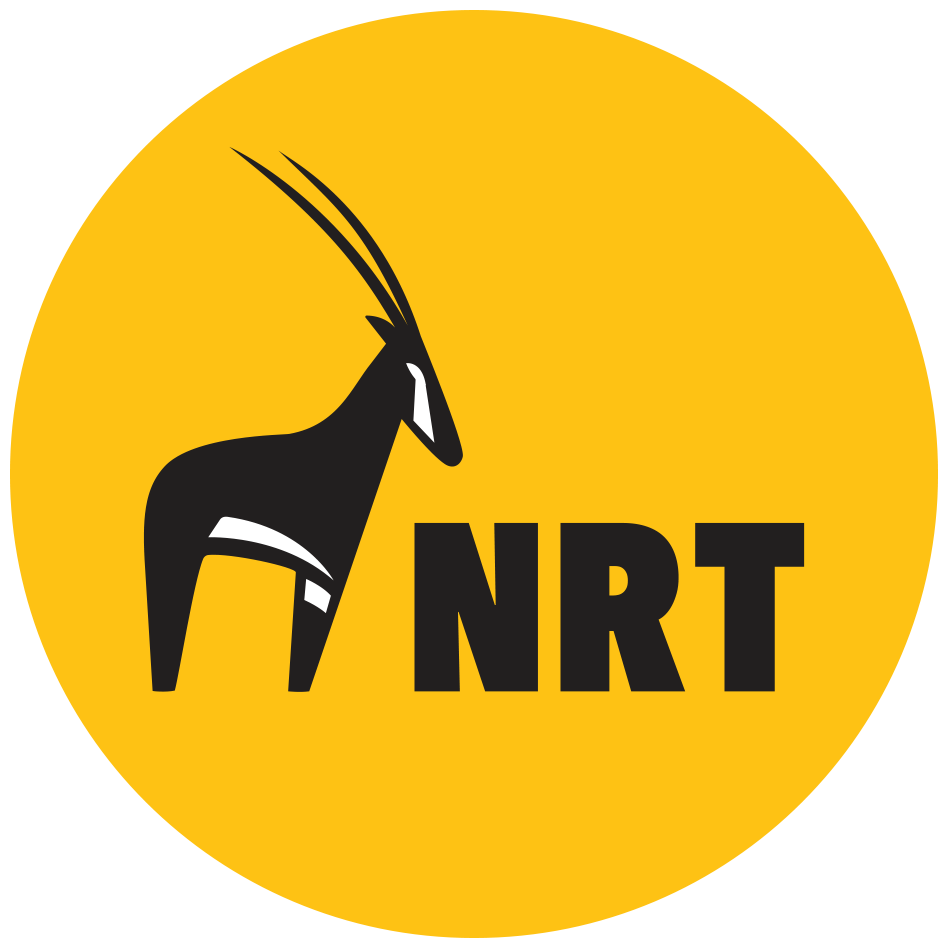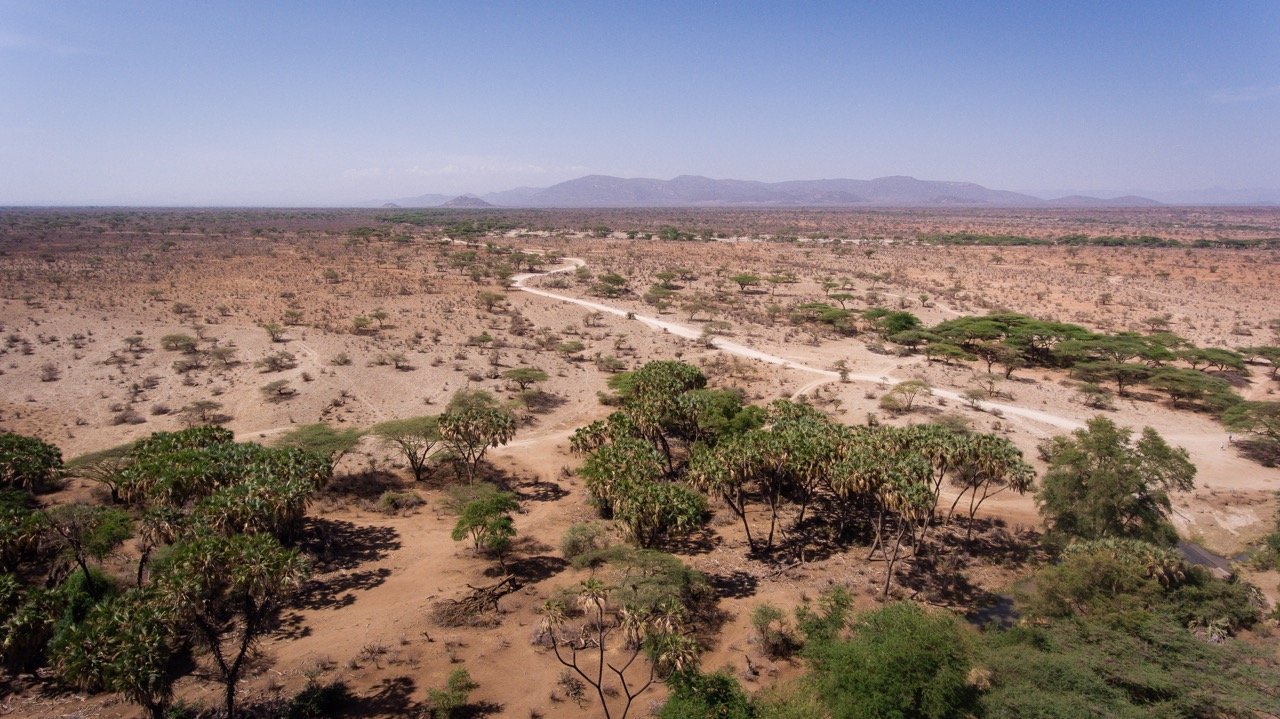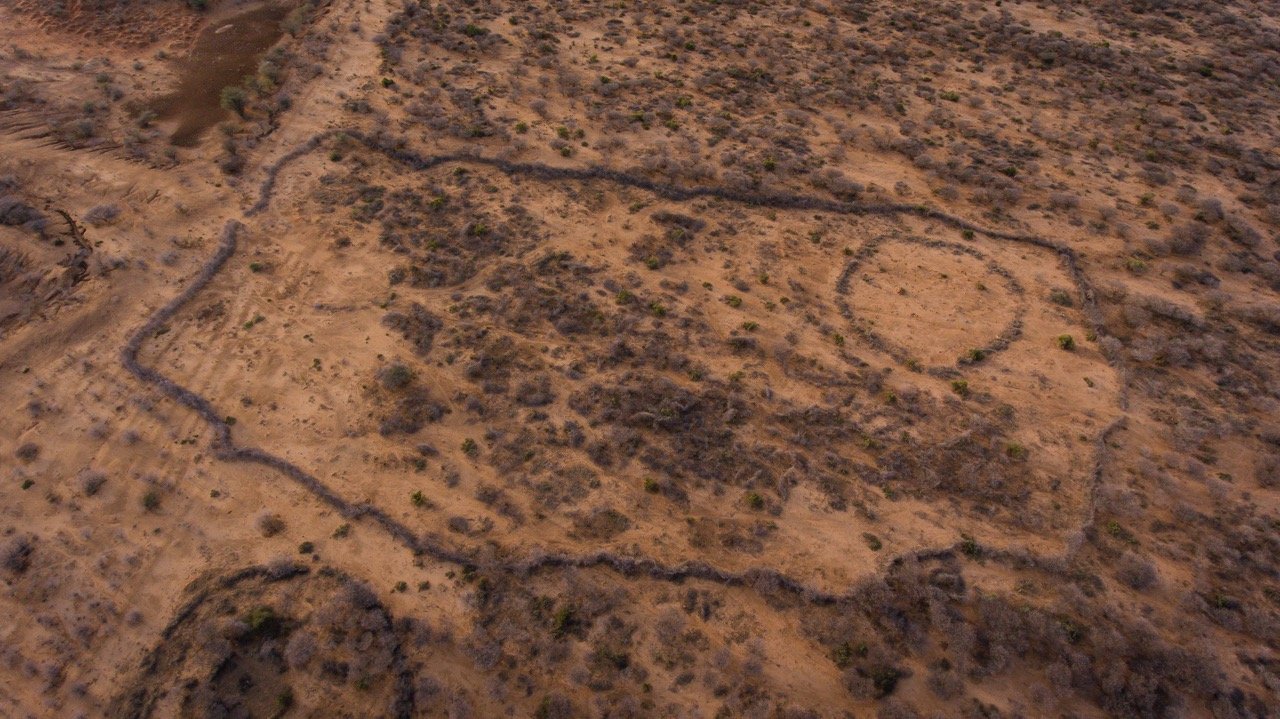The Northern Kenya Rangelands Carbon Project: A Community-Based Climate Solution 10 Years in the Making
A decade ago, NRT embarked on its most ambitious conservation undertaking yet, the development of the world’s first large-scale grasslands soil carbon project—the Northern Kenya Rangelands Carbon Project.
Developing a carbon project is a long, expensive process requiring very specific technical expertise and proper structures to credibly verify the project’s soil carbon sequestration and ensure its long-term success. Collaborating with Soils for the Future and Native, NRT facilitated this work over the past ten years with the goal of reaching 2022, when the sale of the sequestered carbon on global markets would first generate sustainable income for member conservancies, which they would then use to restore their environment and fund community-led development projects.
Work on the Northern Kenya Rangelands Carbon Project (NKRCP) officially started in 2012, with 14 NRT member conservancies involved.
In the Project, cattle herders rehabilitate overgrazed grasslands by combining traditional grazing practices with rotational grazing, which improves soil health (and pasture quality) and allows perennial grasses to regrow. As grass cover increases, more atmospheric carbon is captured and deposited in the soil, improving rangelands across 1.9 million hectares (4.7 million acres).
By restoring the savannah grasslands in an arid region, the NKRCP is anticipated to remove 50 million tonnes of carbon dioxide over 30 years—the equivalent of the annual emissions from over 10,000,000 cars.
The NKRCP is Verified Carbon Standard (VCS) certified by Verra—one of the carbon sector’s leading and most respected carbon standards—and was awarded Triple Gold status by the Climate, Community, and Biodiversity Alliance (CCBA) due to the additional benefits it pro- vides to wildlife and communities.
To attain the Triple Gold status, the NKRCP successfully underwent stringent additional audits in 20 different categories, over and above Verra’s own Verified Carbon Standard, becoming one of only 21 out of 200 projects worldwide to have attained this status. This distinction enables the NKRCP to sell carbon credits at a higher price, increasing the benefits to the participating community conservancies. NRT receives no profit from the sale of the Project’s carbon credits.
The NKRCP’s first carbon credits were generated in 2013 and these, along with subsequent years of verified credits, were offered to the international voluntary market, generating USD 14.6 million for local conservancies to date. In February 2022, each of the 14 participating conservancies received USD 324,000—their first of three payments from this sale.
Funds generated from the NKRCP are channeled directly to the communities, who hold sole financial control and use them to finance conservancy operations and community-identified needs, including education, sanitation, and health. Lekurukki Conservancy, for example, used its NKRCP funds to renovate the community-owned and run Tassia Lodge, which has generated Ksh 3 million for the Conservancy since the completion of the renovation earlier this year.
Each community conservancy participating in the NKRCP contributes 5% of its revenue to County Government development mechanisms that support NKRCP-related rangelands activities. In November, NRT handed over levy fees from the Project to the Samburu, Isiolo, and Laikipia County Governments, which were received by the respective County Governors. The 5% levy which collectively amounted to Ksh 18,345,000 will be used to support drought relief interventions in the 3 counties and will also be distributed to Marsabit County.
On the 17th of November, at a COP27 event in Sharm el-Sheikh, Egypt, the Natural Climate Solutions Alliance (NCSA), awarded the NKRCP as a Lighthouse Project. This prestigious award recognizes the Project as a Natural Climate Solution (NCS) that is a true beacon for best practice, and that delivers high-integrity NCS carbon credits, generates biodiversity gains, and provides substantive social and economic benefits to indigenous communities.
H.E. President William Ruto heralded the NKRCP for expanding the frontiers of carbon removal. Addressing an audience during the launch of the African Carbon Markets Initi- ative at COP27, he said, “I am pleased to share the encouraging news of an exemplary Kenyan project which is the first and largest in the world focusing entirely on soil carbon removals through sustainable grazing management. It is on course towards its inspiring target of removing up to 50 million tonnes of carbon dioxide from the ecosystem over the next 30 years.”




